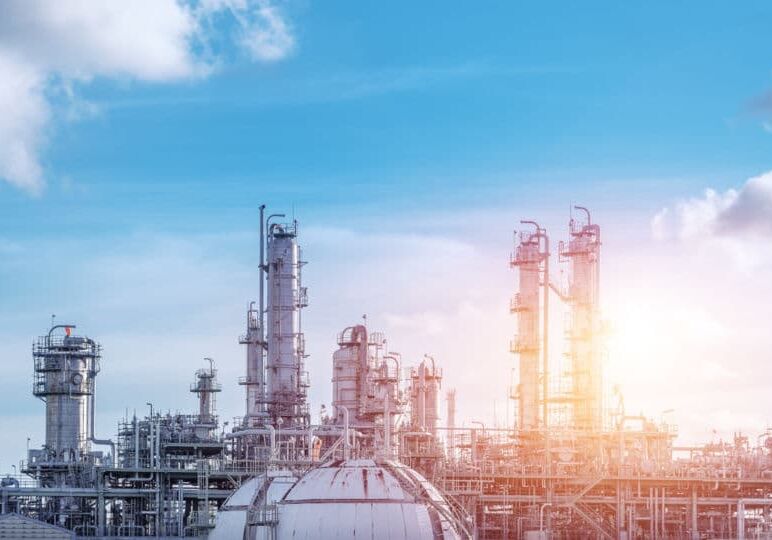A catalyst for change: Albemarle Corporation on new FCC opportunities for refiners

2020 forced us to a standstill. As borders shut and regions locked down, our vehicle to the world became the lens of our webcam. This has sent an unprecedented shock through the fuel industry: jet fuel demand has dropped by an estimated 70%, and according to research by Goldman Sachs, global oil demand has plummeted by a daily 6 million barrels since 2019.
As more operators turn to petrochemical products as a key part of their business model, Dan McQueen, Director of Sales at Albemarle Corporation, shares with Asian Downstream Insights his views on the rise of fluid catalytic cracking technology, the value of FCC solutions to help navigate industry trends, and how light olefins could help traditional refiners become heavy hitters in the new market climate.
Demand driving refiners in a new direction
COVID-19 related loss in demand for transportation fuels like gasoline and jet fuel means FCC units with a more traditional, transportation fuel type of product slate are at a disadvantage compared to those designed to produce more light olefins as petrochemical feedstock.
With the current historically low refining margins, the ability to process so-called opportunity crudes remains a key variable to maximise profitability. Such crudes often contain contaminants like iron, calcium and other impurities which can deposit on the FCC catalyst and adversely affect unit performance.
Adapting to the changing environment: the role of FCC Catalyst Technology
FCC catalyst technology continues to play a key role in helping refiners navigate the above and other market trends. One such recent development is Albemarle’s DENALI AFX FCC catalyst family. DENALI AFX is highly selective, low coke, metal tolerant technology with enhanced accessibility which facilitates the upgrading of heavy residue feedstocks into light olefins like propylene. It provides flexibility to expand the FCCU operating window and maximise the processing of contaminated feedstocks. It is now being successfully used in a number of the state-of-the-art grass-root FCC units in the Asia Pacific region.
Why FCC catalyst technology still matters
A key concern in today’s COVID-19 environment for nearly all businesses, not least refining, is cost cutting. Many are tempted to purchase goods with little regard for performance. It is nonetheless important to consider the fact that the price difference between high and low value refined product can be somewhat constant even when prices are depressed. For example, the propylene and gasoline price differential has been relatively stable at over $400/MT in recent years despite fluctuation in the prices of these products. Partnership between a refinery and its technology providers to find ways to cut costs without compromising performance is key to capturing that value and remains important, now more than ever.
Read more:
- Interviews at ADS, ARTC & ACCA 2024
- Event Highlights at ADS, ARTC & ACCA 2024
- ADNOC Signs Heads of Agreement with IndianOil for Ruwais LNG Project
- SABIC Opens Multi- Million-dollar ULTEM™ Resin Manufacturing Facility in Singapore to Meet Growing Demand in Asia-Pacific
- Predictive Analytics and IoT for Pumps